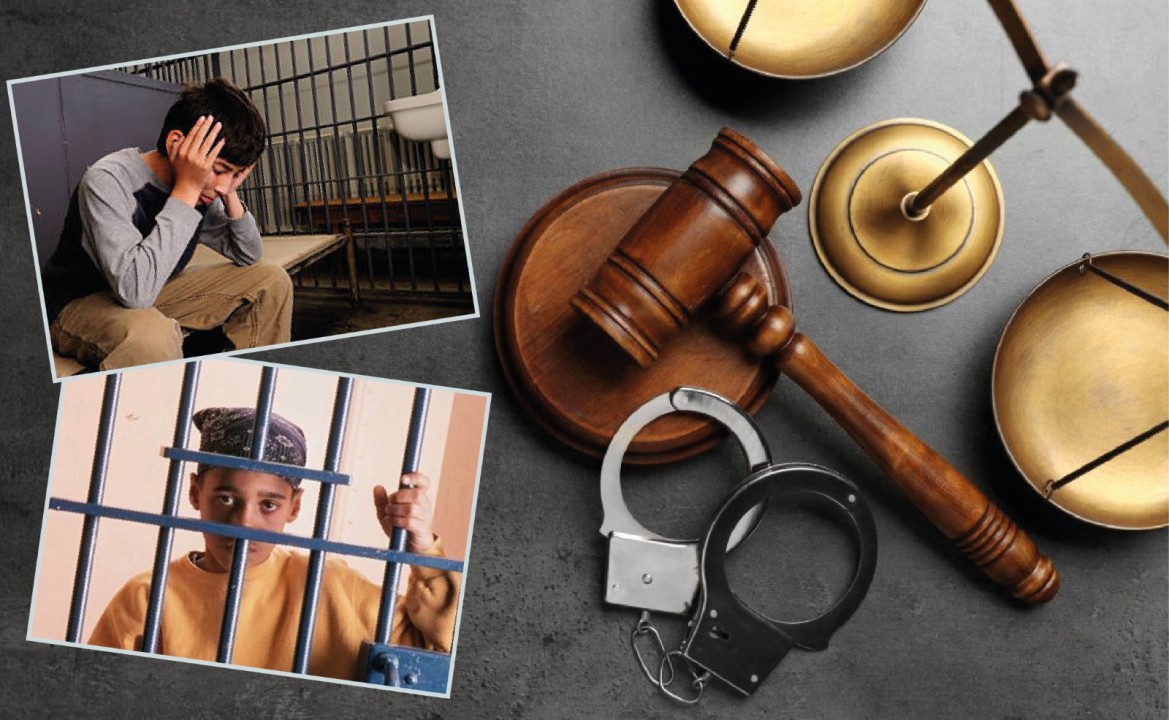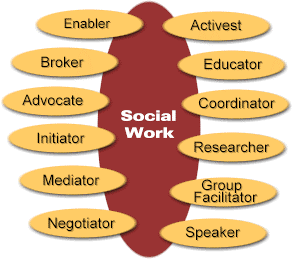The Alarming Connection Between Juvenile Delinquency and Senseless Killings: A Call to Address the Root Causes
(275).jpg)
Juvenile delinquency is a critical issue that demands our attention, as it can have far-reaching consequences for society. One of the most concerning outcomes is the potential connection between juvenile delinquency and senseless killings. In this blog, we will explore the factors contributing to this alarming phenomenon and discuss the importance of addressing the root causes to break the cycle.
Senseless killings are a manifestation of deep-seated issues within society, and juvenile delinquency can play a role in perpetuating this cycle of violence. Young individuals who engage in delinquent behaviors may be more susceptible to adopting violent tendencies, influenced by a range of external factors such as exposure to violence in their communities or through media.
To combat the link between juvenile delinquency and senseless killings, it is imperative to focus on addressing the root causes. This involves implementing comprehensive strategies that target the social, economic, and familial factors contributing to delinquent behavior. Investing in community programs that provide positive outlets for juveniles, such as mentorship programs, after-school activities, and community centers, can help channel their energy into constructive pursuits. Promoting education and awareness about the consequences of juvenile delinquency, as well as providing resources for families to access support services, can contribute to prevention efforts. Many juveniles involved in delinquency may be struggling with underlying mental health issues. Ensuring access to mental health support and intervention can address these issues before they escalate. Evaluating and reforming the juvenile justice system to focus on rehabilitation rather than punitive measures is essential. Providing opportunities for rehabilitation and counseling can help break the cycle of delinquency. The Office of Juvenile Justice and Delinquency Prevention (OJJDP) has launched a national campaign with the initiative to prevent youth hate crimes and identity-based bullying.
In addition to direct support for youth, social workers collaborate with various stakeholders, including law enforcement agencies, government organizations, and community-based nonprofits, to coordinate efforts and maximize resources. They advocate for policy changes that promote social justice and equity, such as expanding access to mental health services, improving educational opportunities, and implementing diversion programs as alternatives to incarceration.
Moreover, social workers play the mediator in conducting assessments and evaluations to identify risk factors and evaluate the effectiveness of intervention programs. Through ongoing research and data analysis, they contribute valuable insights to the field of juvenile justice and inform evidence-based practices.
Overall, social workers serve as policy analysts for positive change in the lives of at-risk youth, helping them overcome obstacles and build brighter futures. Their dedication and commitment to social justice make them indispensable allies in the fight against juvenile delinquency.
References
https://www.cnn.com/2023/11/15/us/jonathan-lewis-vegas-student-murder-charges/index.html
https://link.springer.com/article/10.1007/s12103-022-09694-5
https://ojjdp.ojp.gov/programs/preventing-youth-hate-crimes-bullying-initiative


Comments
Post a Comment